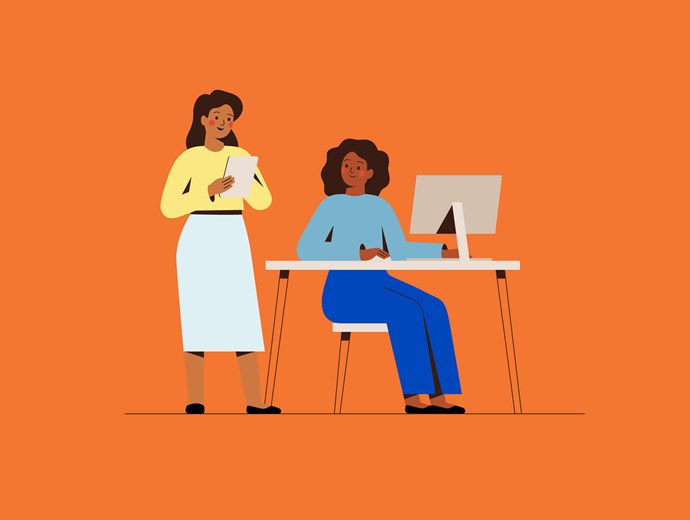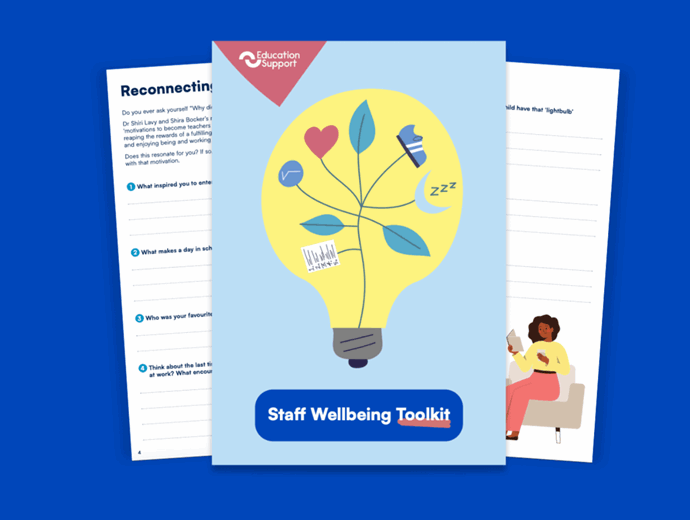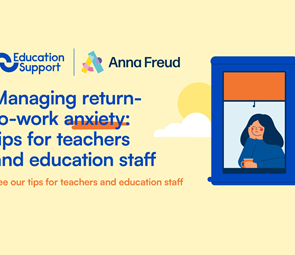
Working in education is demanding. Our resources help you check how your teams are coping, and boost everyone’s wellbeing.

Our annual Teacher Wellbeing Index provides an insight into the mental health and wellbeing of teachers and education staff working in the UK.

50% of staff say their school’s culture has a negative effect on their wellbeing. Together, we can change this.
Sign up for your free wellbeing toolkit, packed with helpful resources designed to make a meaningful difference to your staff’s wellbeing.





























